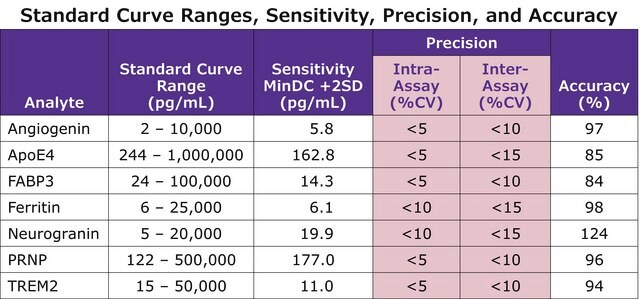G-401
87042204, human kidney, Epithelial-like
Anmeldenzur Ansicht organisationsspezifischer und vertraglich vereinbarter Preise
Alle Fotos(1)
About This Item
UNSPSC-Code:
41106514
Empfohlene Produkte
Produktbezeichnung
G-401, 87042204
Biologische Quelle
human kidney
Wachstumsmodus
Adherent
Karyotyp
2n = 46, diploid
Morphologie
Epithelial-like
Produkte
Not specified
Rezeptoren
Not specified
Methode(n)
cell culture | mammalian: suitable
Relevante Krankheit(en)
cancer
Versandbedingung
dry ice
Lagertemp.
−196°C
Ursprung der Zelllinie
Human Caucasian rhabdoid tumour (formerly classified as Wilm′s tumour)
Beschreibung der Zelllinie
Derived from a tumour of a 3 month old male Caucasian. Highly transformed and grows in soft agar. Highly undifferentiated. G401 was originally described as a cell line derived from a Wilm?s tumour. Due to a change in the classification of such tumours, the cell line was examined by Garvin et al., 1993 and found to be more appropriately classified as derived from a rhabdoid tumour of the kidney.
Anwendung
Transformation and tumourigenicity studies
DNA-Profil
STR-PCR Data: Amelogenin: X,Y
CSF1PO: 11,13
D13S317: 9,14
D16S539: 12
D5S818: 13
D7S820: 11,14
THO1: 8,9.3
TPOX: 8,11
vWA: 16
CSF1PO: 11,13
D13S317: 9,14
D16S539: 12
D5S818: 13
D7S820: 11,14
THO1: 8,9.3
TPOX: 8,11
vWA: 16
Nährmedium
McCoy′s 5a + 2mM Glutamine + 10% Foetal Bovine Serum (FBS).
Subkultur-Routine
Split sub-confluent cultures (70-80%) 1:2 to 1:6 i.e. seeding at 2-5x10,000 cells/cm2 using 0.25% trypsin or trypsin/EDTA; 5% CO2; 37°C. Change medium every 4 days.
Sonstige Hinweise
Additional freight & handling charges may be applicable for Asia-Pacific shipments. Please check with your local Customer Service representative for more information.
Hier finden Sie alle aktuellen Versionen:
Analysenzertifikate (COA)
Lot/Batch Number
Leider sind derzeit keine COAs für dieses Produkt online verfügbar.
Wenn Sie Hilfe benötigen, wenden Sie sich bitte an Kundensupport
Besitzen Sie dieses Produkt bereits?
In der Dokumentenbibliothek finden Sie die Dokumentation zu den Produkten, die Sie kürzlich erworben haben.
Unser Team von Wissenschaftlern verfügt über Erfahrung in allen Forschungsbereichen einschließlich Life Science, Materialwissenschaften, chemischer Synthese, Chromatographie, Analytik und vielen mehr..
Setzen Sie sich mit dem technischen Dienst in Verbindung.








